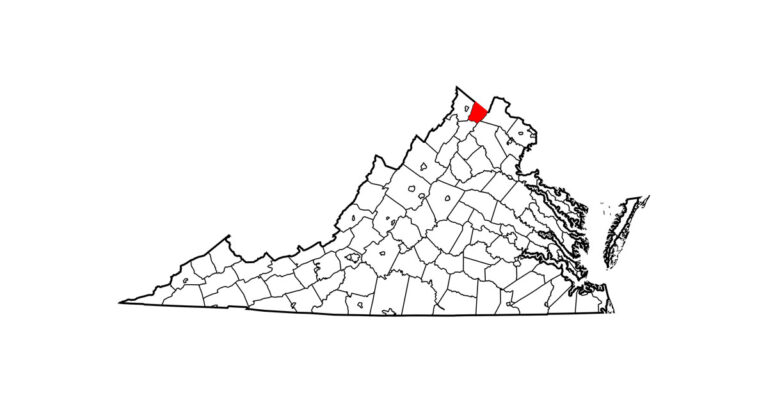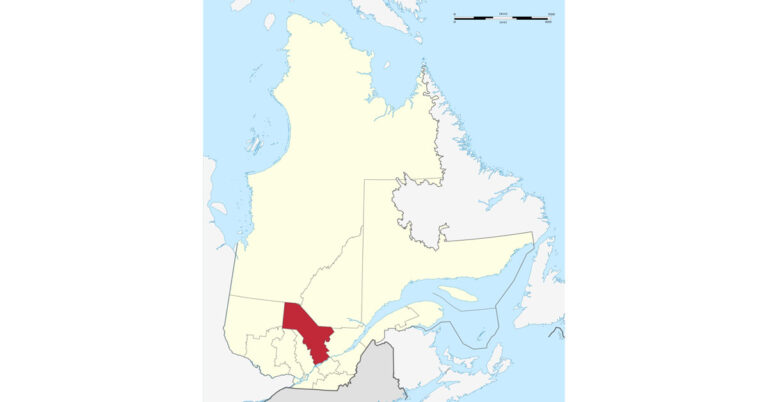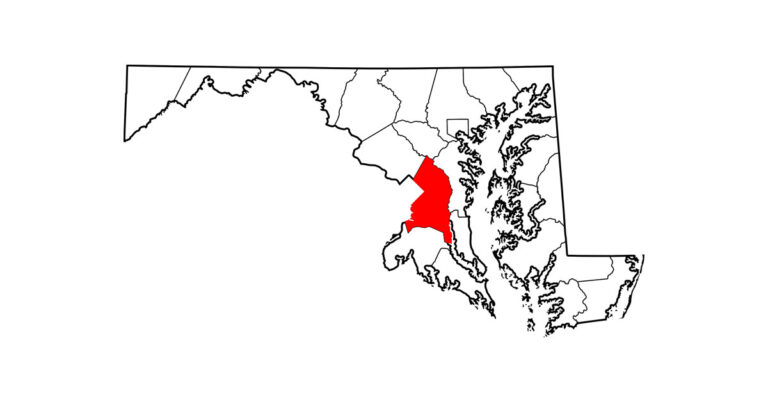
Osteochondrosis dissecans is a developmental disease that can affect the bones in a horse’s joints as well as related cartilage. Essentially, OCD occurs when the cartilage at the end of long bones doesn’t develop properly. The disease can cause bone fragments in the joints, fissures (cracks) and bone cysts—all giving the horse pain and potentially lameness and performance issues. Multiple factors can contribute to the development of OCD, including genetics, bone growth rates, endocrine levels, exercise and diet.
Since OCD is a developmental disease, meaning it’s seen in growing foals, understanding potential risk factors that occur during the early months of a horse’s life is important. A team of researchers based at the University of Liege in Belgium and the country’s Equine Research and Development Center of Mont-le-Soie wanted to learn more about how a foal’s diet during that time frame might affect the development of OCD. Led by Luis Mendoz, DVM, they focused specifically on whether foals were fed a high-energy diet based on concentrates (grain) or a diet based only on forage.
The team monitored a group of 204 foals, starting at 6 months (after weaning) and followed them for a year until they turned 18 months. They took X-rays to look for signs of OCD at both age points. Based on their findings, the researchers were able to fit the foals into four categories:
- No OCD lesions at either 6 or 18 months (132 foals)
- Lesions at both 6 and 18 months (37 foals)
- Lesions at 6 months that healed by the 18-month exam (19 foals)
- No lesions at 6 months but developed lesions by 18 months (16 foals).
Researchers compared these groups with nutritional details gathered from questionnaires on each foal. They found that foals who had no signs of OCD at 6 months but who were then fed concentrates were more likely to develop lesions. On the other hand, foals who already showed OCD lesions at 6 months of age and then ate only grass, hay or other roughage with no concentrates in their diets, showed a high probability of recovering from those lesions by the time they reached 18 months.
The team concluded that a foal’s diet can influence the progression of OCD and that, in particular, a high-energy diet can increase the risk of this disease. In the bigger picture, this supports a more general theory that management practices play a crucial role in the likelihood that a foal will develop OCD.
This article was originally published in the June 2017 issue of Practical Horseman.










